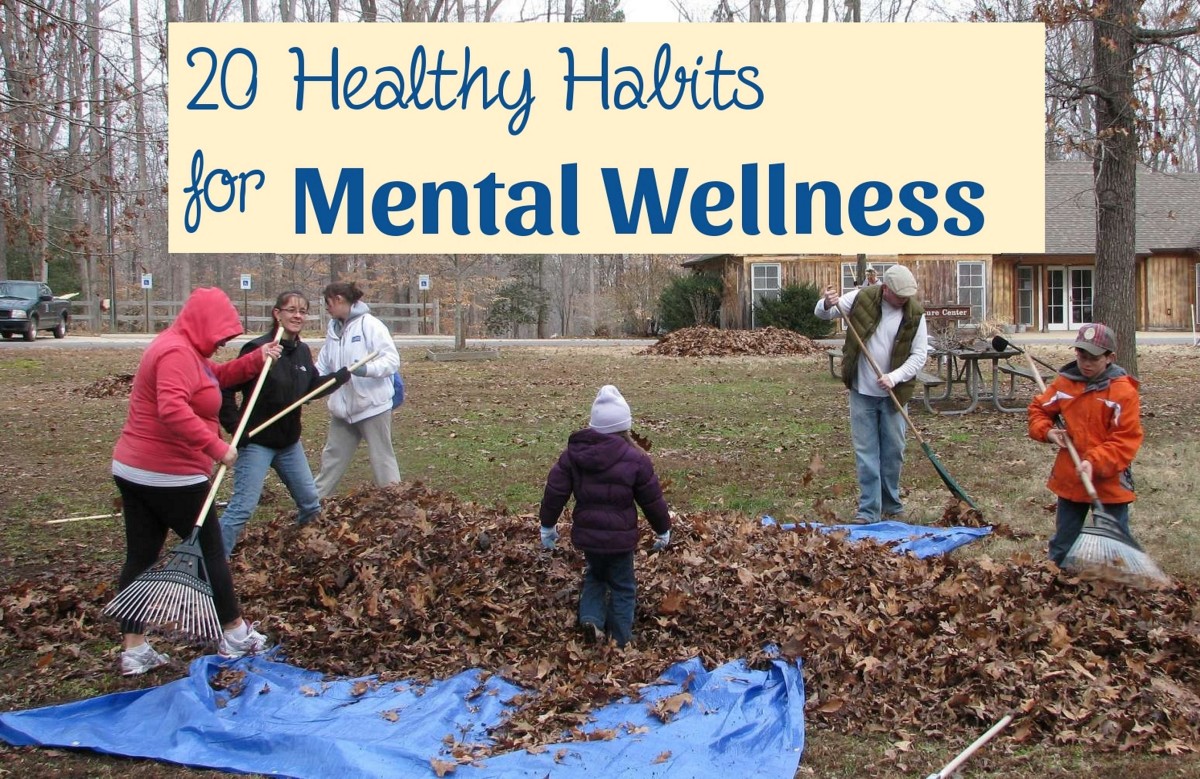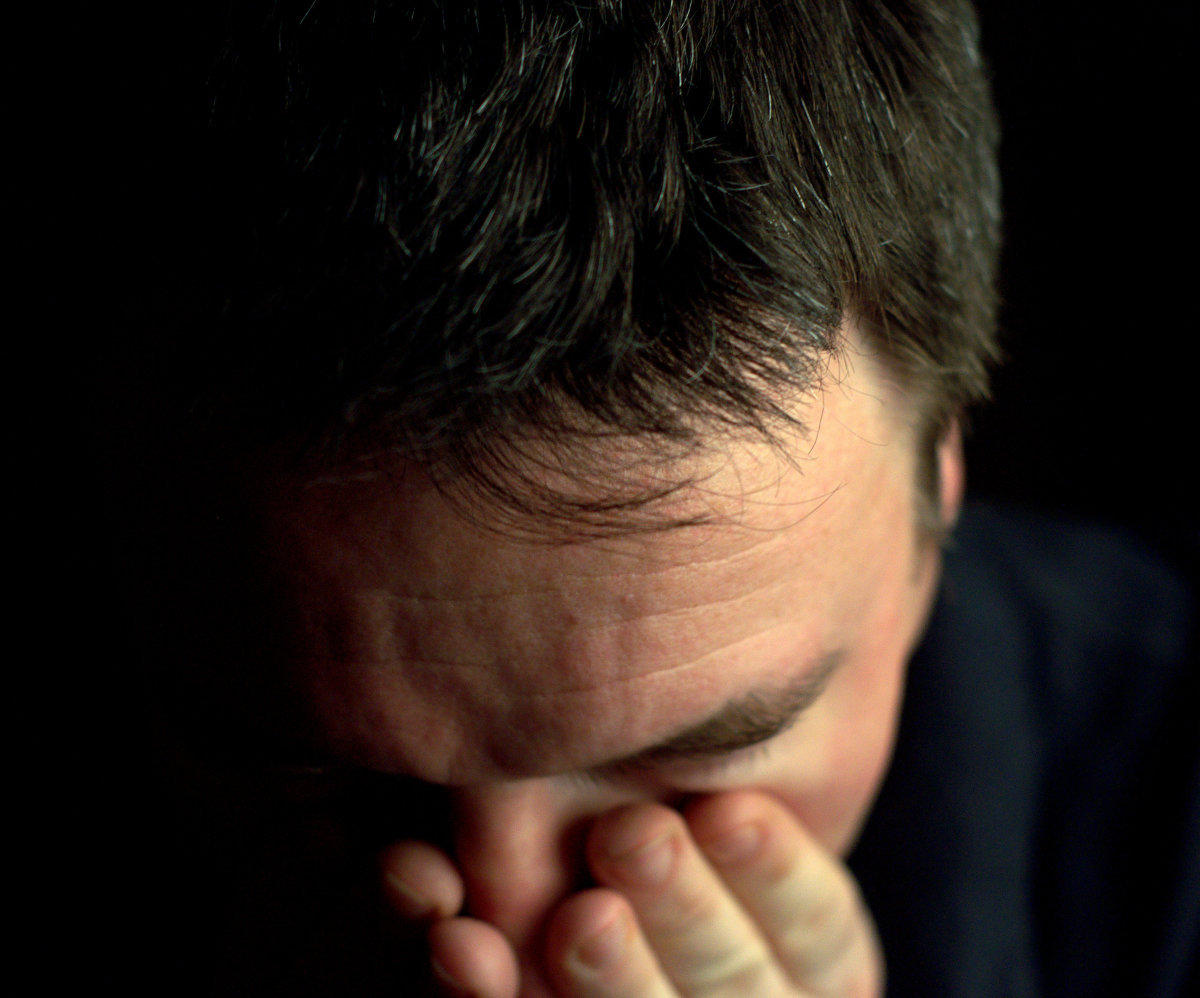Thank You, Kristen Bell, For Normalizing Mental Health Challenges
Kristen Bell Has Been Charming Us Beyond "The First Time In Forever"

Kristen Bell Is Making Mental Health Conversations "Real"
I was, quite frankly, excited when I heard that Kristen Bell had openly discussed her mental health challenges fairly recently.
There's something inherently appealing about Bell, with her bright-eyed gaze and seemingly cheery disposition, and for her to say in a sit-down interview that she wished she had discussed her mental health sooner is remarkable.
Here's the thing; more often than not, mental health and its challenges are not topics for casual conversation. In reality, it should be, but for whatever reason, it is not. Kristen Bell openly disclosing that she should have talked about her mental health challenges sooner was something I listened to with great interest.
During a conversation with Today's Willie Geist, Geist noted that Bell is someone who's often considered to be bubbly and fun most of the time. After basically poking fun at that statement, Bell acknowledged she took medication for anxiety and depression and added, "I am someone who has to check myself and sometimes — if I’m feeling really low — make a checklist of good and bad things in my life to see if it’s my mental state or if we really have a problem,” according to The Loop.
I've never really been one for making lists, as evidenced by what happens during my grocery shopping excursions, but her checklist of good and bad things in her life seems like a logical way to create a visual about how things are really going. Certainly, when you're dealing with anxiety, depression, or any one of a number of mental health conditions, it's hard to maintain any sort of a clear view as to what might be contributing to your mental health. Something as simple as grabbing a pen or pencil, or using an app, to take note of the things that are actually good or bad would be, I think, perhaps very grounding and gives you a great reality check as to what your perception of a situation actually is.
Bell noted as well that her husband, Dax Shepard, is the one who encouraged her to be more open in discussing mental health. Now, after acknowledging that she felt "incredibly irresponsible" in not discussing mental health sooner, she emphasizes there's no shame in having anxiety and depression and said she believes that if it takes her discussing her own challenges with anxiety and depression to get people talking, so much the better. Bell has talked about mental health in Shepard's podcast, "The Armchair Expert," many times and has also discussed it in interviews such as the one she recently had with Geist.
What Bell has done for mental health reminds me in many ways of what comedian Howie Mandel has said in the past about mental health. "We take care of our dental health," he said, according to CNN. "We don't take care of our mental health."
He's not wrong, and that's why there continues to be stigma surrounding mental health conditions. We will admit to having a broken toe, or cavities, but anxiety or depression? Forget it, and there are still people in society and businesses who do not support those with mental health conditions. It comes down to a lack of understanding. There are those in society with mental health conditions who will not seek the help they need, or will hide in their homes rather than working towards being a functional and contributing member of society, there are many individuals who want to push through the issues that are facing them and live "normal" lives. We need to support people with mental health conditions and help them thrive because by doing so, our communities will grow and thrive.
We need to keep the conversation surrounding mental health conditions alive and well so that the stigma eases with each conversation we have. It's not easy to discuss these conditions, as each person might have a mental health condition that looks slightly different than the next person, but we have to keep talking in order to keep the conversation going.
Also, our kids are always watching us, and they probably know someone who's dealing with some sort of mental health condition. If we normalize conversations about mental health, we can encourage our kids to discuss it in rational, intelligent ways so they can help themselves and others.
Bell and Mandel are among those who have lit the path towards a greater understanding of mental health, simply by encouraging discussions about it. Let's follow their lead.








